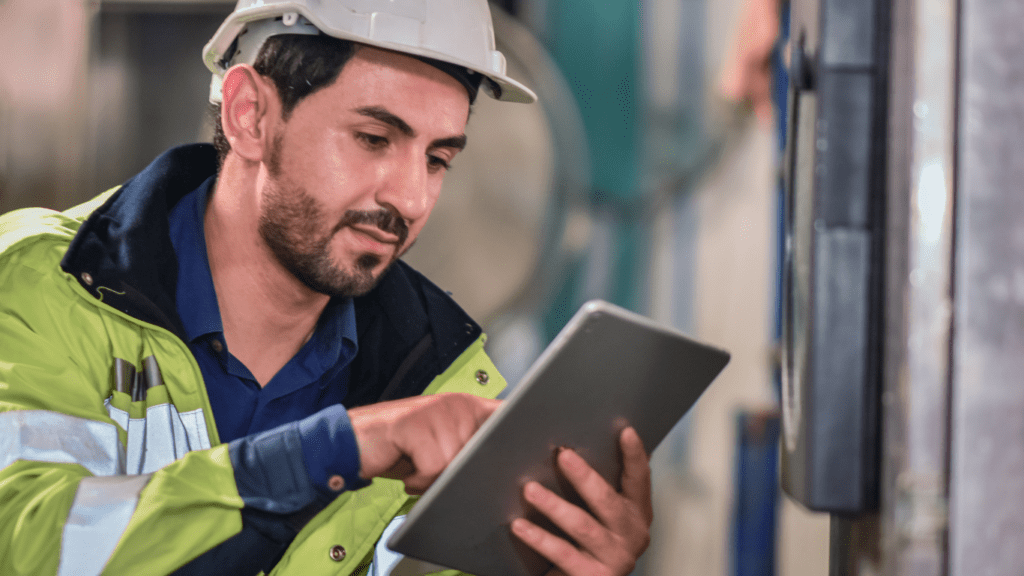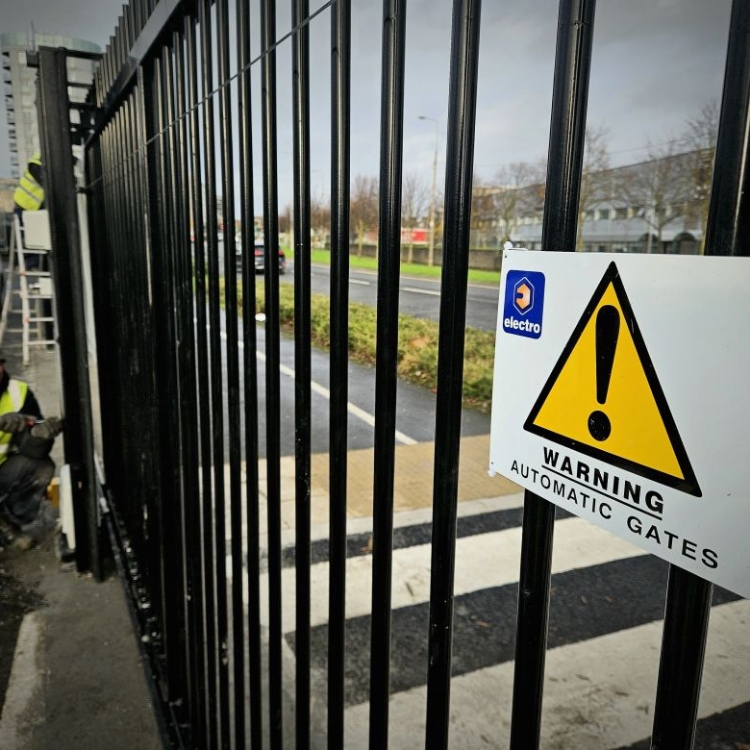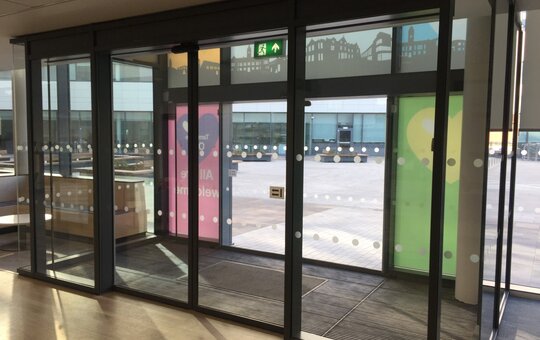In the realm of gate automation, ensuring safety is paramount. Automated gates offer convenience and enhanced security, but they also come with potential risks if not properly managed.
Compliance with Standards
Adhering to industry standards and regulations, such as those set by the Health and Safety Authority (HSA), is essential. These standards ensure that gates are installed and maintained according to the highest safety requirements, providing a baseline for safe operation. Routine maintenance is crucial for the longevity and safe operation of automated gates. Professional technicians should regularly inspect and service the gates. This proactive approach helps identify and rectify any issues before they become serious hazards, ensuring the gates function safely and effectively over time.
Safety Features
Modern gate automation systems come equipped with various safety features to prevent accidents and injuries:
- Photocells detect obstacles, preventing the gate from closing on an object or person.
- Safety Edges detect resistance and stop the gate if an obstruction is encountered.
- Manual Release mechanisms allow the gate to be operated manually in case of power failure, ensuring access and safety even during emergencies.
User Training
Educating users on the correct operation of automated gates is vital. Users should be aware of emergency procedures and the importance of not interfering with the gate’s operation. Proper training can prevent misuse and accidents, making the environment safer for everyone.
Safety Audits
Conducting regular safety audits helps identify potential risks and ensures all safety measures are effectively implemented and functioning correctly. These audits provide an opportunity to review and improve safety protocols, keeping the automated gate systems up to date with the latest safety practices.
Professional Installation
Ensuring that gates are installed by qualified professionals guarantees that all components are correctly fitted and comply with safety standards. Proper installation minimizes the risk of malfunction and enhances overall safety, providing peace of mind for users.
Remote Monitoring
Advanced gate automation systems can be integrated with remote monitoring solutions. This allows for real-time monitoring and quick responses to any malfunctions or security breaches. Remote monitoring adds an additional layer of safety, ensuring that any issues are promptly addressed.
In summary, safety in gate automation involves a multifaceted approach that includes adherence to standards, regular maintenance, utilization of safety features, user training, safety audits, professional installation, and remote monitoring. By prioritizing these elements, the risks associated with automated gates can be significantly reduced, ensuring both convenience and security.




